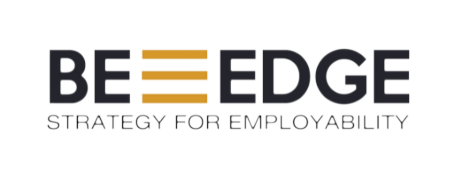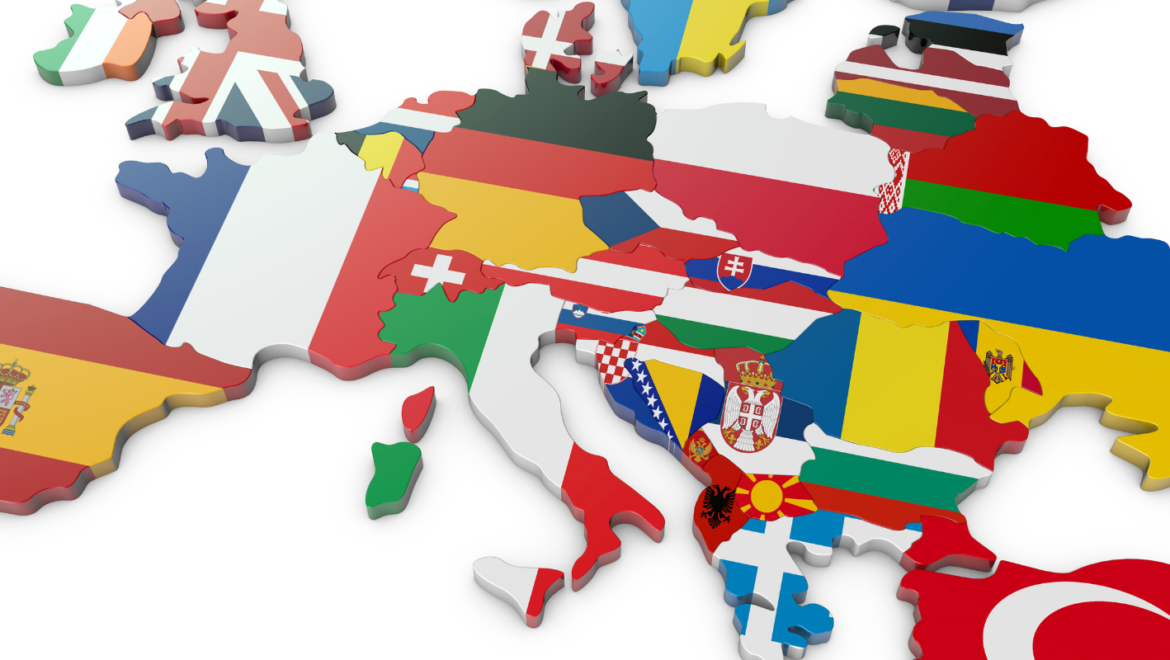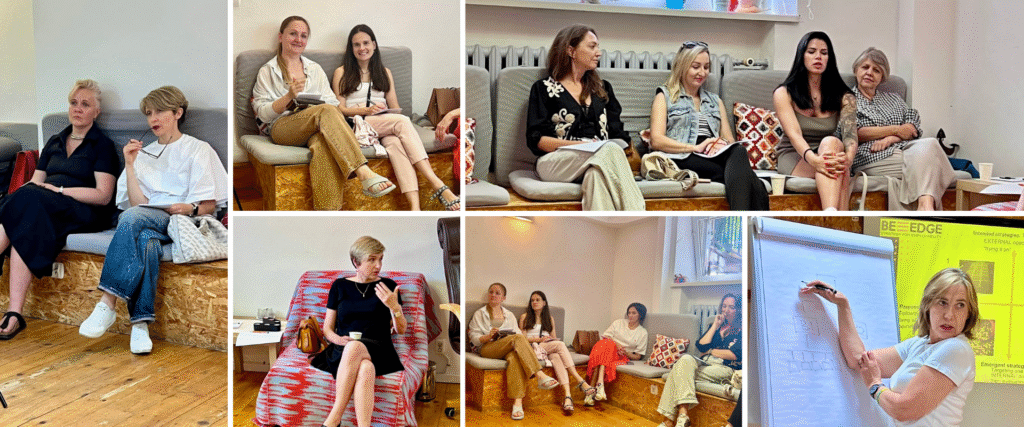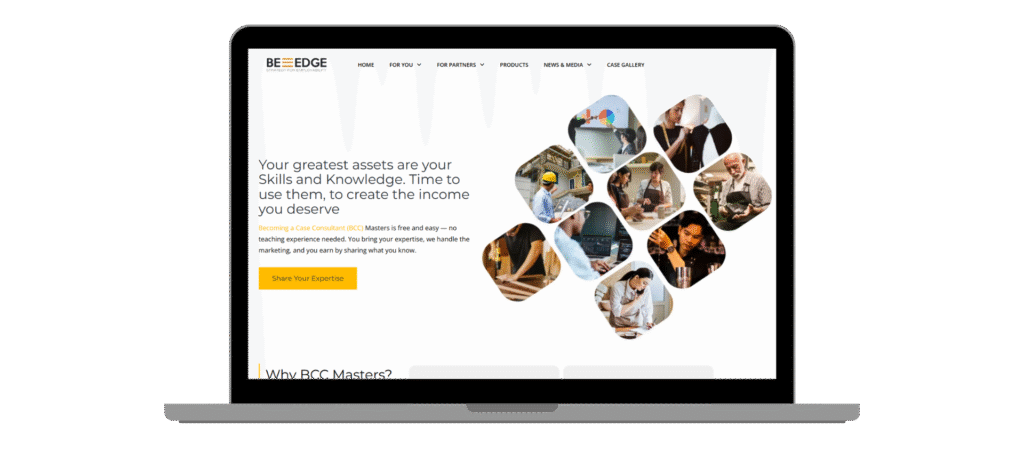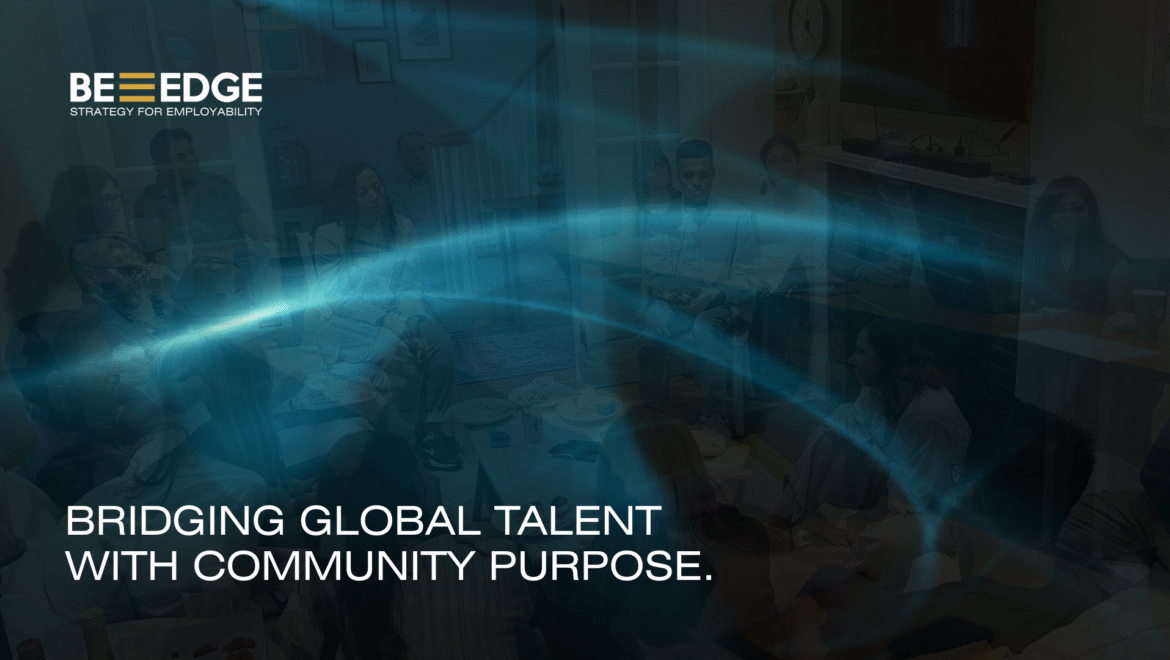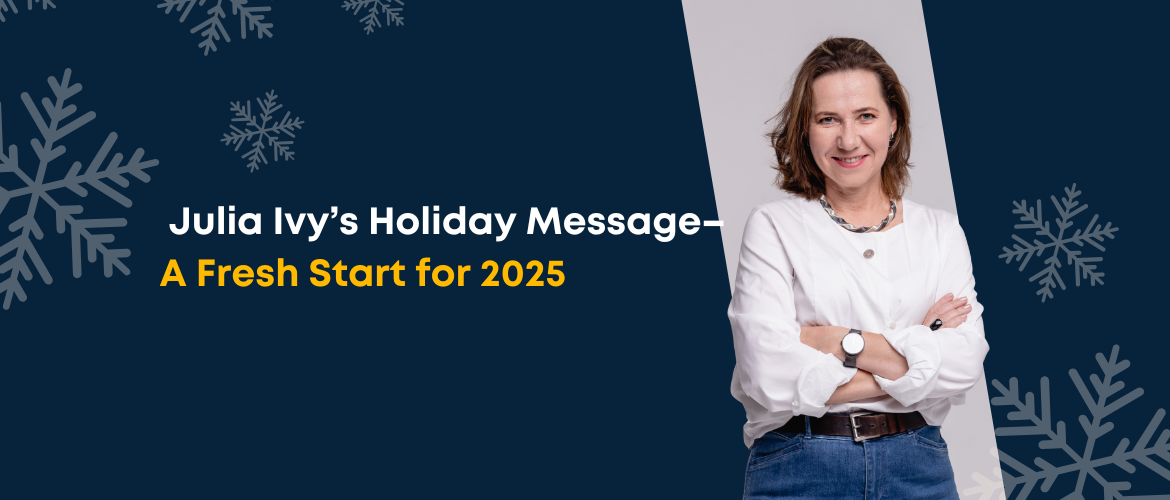BE-EDGE Expands to Poland and Europe to Support Women Navigating Mid-Career Transitions
BE-EDGE, a personal positioning strategy platform focused on clarity and intentional career direction, is expanding its presence to Poland, with plans to grow further into Europe, including Lithuania. This expansion reflects a growing demand among mid-career professionals for structured guidance, strategic clarity, and confidence when navigating career transitions.
The European expansion is designed primarily for women aged 35 to 55, with openness to testing the approach among professionals in their early thirties. Many in this group bring years of experience, responsibility, and skill, yet still feel uncertain about their next step. BE-EDGE aims to support these professionals by helping them clearly understand their positioning, values, and direction before making a career move.
At its core, BE-EDGE focuses exclusively on personal positioning strategy. Rather than offering generic career advice, the platform helps individuals articulate who they are professionally, what they want next, and how their experience fits into a realistic and sustainable career path. This approach is especially relevant for women navigating mid-career transitions, including shifts into leadership roles or new professional directions.
Why Poland and Europe
Poland is the first focus of BE-EDGE’s European expansion due to its growing professional workforce and increasing openness to career mobility across borders. Many professionals in Poland and neighboring European countries are working in roles that feel limiting or disconnected from their long-term goals. Others feel capable of more but struggle to define what “more” actually looks like.
For many women at this stage of life, career questions are no longer about starting out, but about realignment. They may have taken a practical job for stability, only to realize it does not reflect their strengths or ambitions. Others feel lost when choosing a field or direction, leading to delays, self-doubt, and a sense of unrealized potential.
BE-EDGE enters this space with a clear objective: to provide structure where there is uncertainty and clarity where there is overwhelm.
The Core Problem BE-EDGE Addresses
The professional challenges faced by BE-EDGE’s audience vary depending on where a person is in their journey, but several patterns consistently emerge.
Some professionals feel stuck in roles that no longer fit. They sense that their current position is not aligned with who they are or what they want, yet they do not know how to move toward something better without risking stability.
Others are actively searching for their place but feel overwhelmed by options. Without a clear framework for decision-making, they lose time, energy, and confidence, often second-guessing themselves or postponing change altogether.
Across these experiences, there is a strong need for clear structure and a concrete vision. Many professionals are not lacking ability, but direction. They want to understand how their values, experience, and strengths connect to a realistic career path.
There is also a significant emotional component. Fear plays a major role, especially the fear that pursuing a desired direction will not work out. BE-EDGE’s approach emphasizes calm, intentional movement rather than rushed decisions. The goal is to help individuals see the path clearly, move at a steady pace, and recognize the value of their experience rather than diminishing it.
What BE-EDGE Europe Offers
BE-EDGE Europe focuses solely on personal positioning strategy. The process helps individuals clarify their professional identity, understand where they are now, and define where they want to go next. By creating a clear positioning framework, participants are better equipped to make confident decisions about career transitions, leadership roles, or professional reinvention.
Rather than pushing quick change, BE-EDGE emphasizes alignment. The strategy supports professionals in recognizing their values, honoring their experience, and building confidence in their direction before taking action.
A Thoughtful Expansion
The expansion into Poland and Europe represents a deliberate step for BE-EDGE. It reflects an understanding that many women in mid-career are not looking for motivation alone, but for clarity, structure, and reassurance that their next move can be both meaningful and realistic.
By bringing its personal positioning strategy to Europe, BE-EDGE aims to support women who are ready to redefine their professional direction with intention, confidence, and respect for the experience they have already built.
Learn more about BE-EDGE Europe and personal positioning strategy here.
